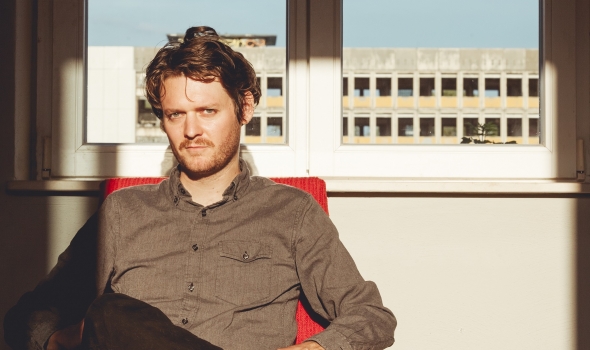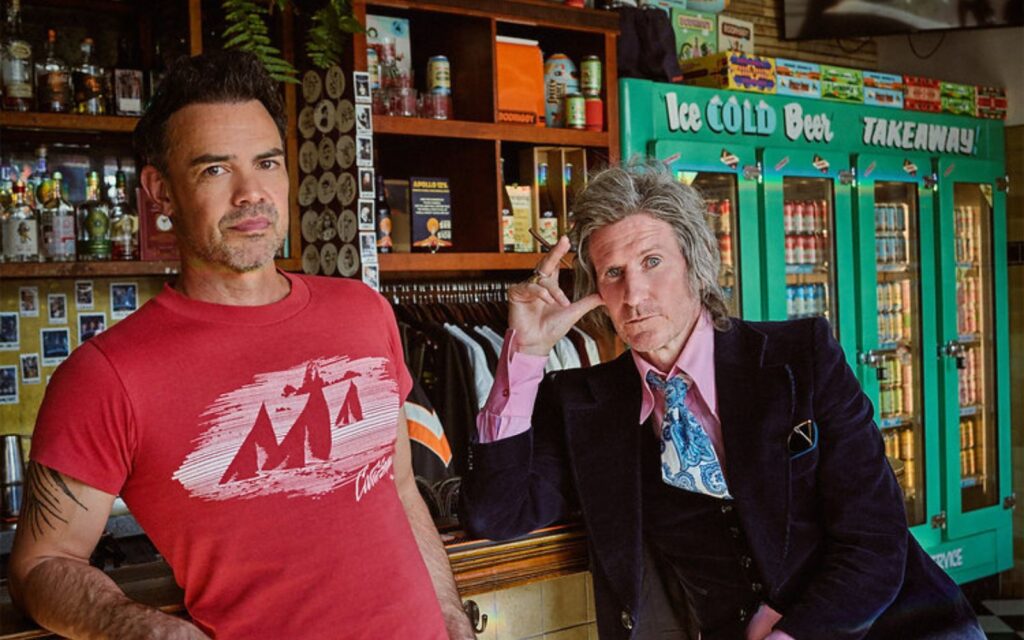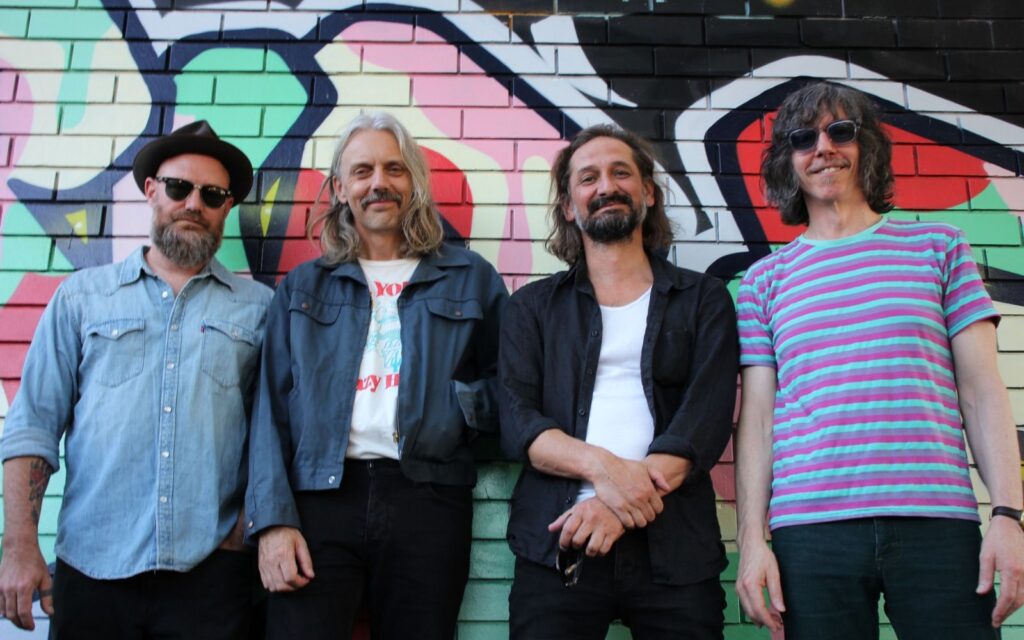There’s an old adage that says that it’s not about the destination – it’s about the journey.
For Zach Condon, however, the journey is the destination. He named his beloved band after one of the oldest cities in the world, the capital of Lebanon. Their most recent studio album, Gallipoli, is named after a town in the south of Italy. There are also songs in the Beirut canon called ‘Postcards from Italy’, ‘Nantes’, ‘East Harlem’ and even ‘Perth’.
These notions of place and belonging within Condon’s music are certainly present throughout Beirut’s discography, but it feels more apparent than ever before in this instance. Condon confesses that, although he’s aware of it, it’s simply a byproduct of a lifelong wanderlust.
“It’s such a funny thing, because I think I’m actually kind of self-conscious about it,” he says. “I’ll often get asked about it and try and insist, ‘No, that’s not the case.’ My bandmates, however – who know me better than anyone – will hear a new song, and the first thing they ask is ‘Have you been travelling recently?’” Condon laughs to himself, continuing “The truth is, I’ve always felt kind of uprooted and homeless in a way.”
“Wherever I’ve lived, I’ve never really felt I belonged. Even growing up in New Mexico, living in New York or in Paris… I’ve always felt like an outsider. I found some sort of solace in over-romanticising the idea of travel, in this completely over-the-top, Adventures of Tintin kind of way. When I title things after locations, I try to do it in a tongue-in-cheek manner – except I’m only half-joking.”
Gallipoli was pieced together over the course of several years, with Condon primarily working under the cover of darkness. While many fans questioned what was happening with Beirut following the end of the tour in support of 2015’s No No No, Condon never lost sight of what was to become album number five.
“What seemed like big, long breaks for the band were actually really busy times in my own life,” he says. “I started writing this record in upstate New York, and I was living in Berlin by the time it was finished.
“The only real stumbling blocks were these geographical switches, as well as dealing with American and German bureaucracy. Everything else, as far as this record goes, sort of just fell into place. I had this steady diet of eight-hour days in the studio, and it felt like some of the most productive time I’ve ever had as a songwriter.”
Condon puts this burst in productivity down to the fact that Beirut had no major touring commitments in this time period: “When No No No was released, I spent about a year and a half on the road,” he explains.
“I refuse to write on the road. I did that before that album, and it really messed up my flow. I ended up throwing those songs away, because when I came back to them I just lost the thread. This time around, I was writing all by myself. I kept writing until I knew it was finished – until I knew that I had nothing else left to say.”
A music creator since he was a teenager, Condon looks at Gallipoli as a record that dances like nobody’s watching. It’s about letting go of personal insecurities and creating songs that he likes first and foremost.
“I feel like, when you’re first starting to write music when you’re young, it’s a lot more innocent,” he says. “You’re not writing with an audience in mind, or with what critics will think of it. You’re blissfully unaware of anything like that. It comes from a very pure place, and that’s what I wanted with this record. I wanted it to feel true to the Beirut sound, but I also wanted to emphasise the parts of it that were unique to it.”
Beirut’s new album, Gallipoli, is out now via 4AD/Remote Control.







